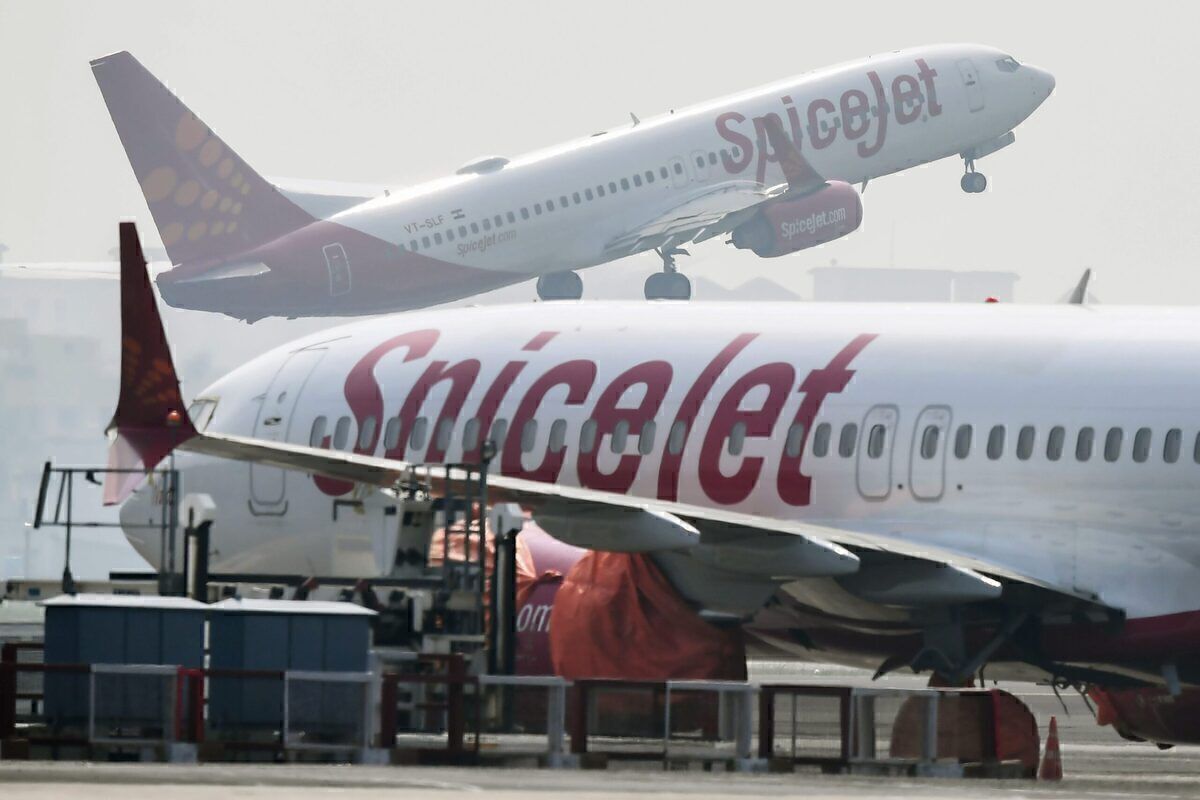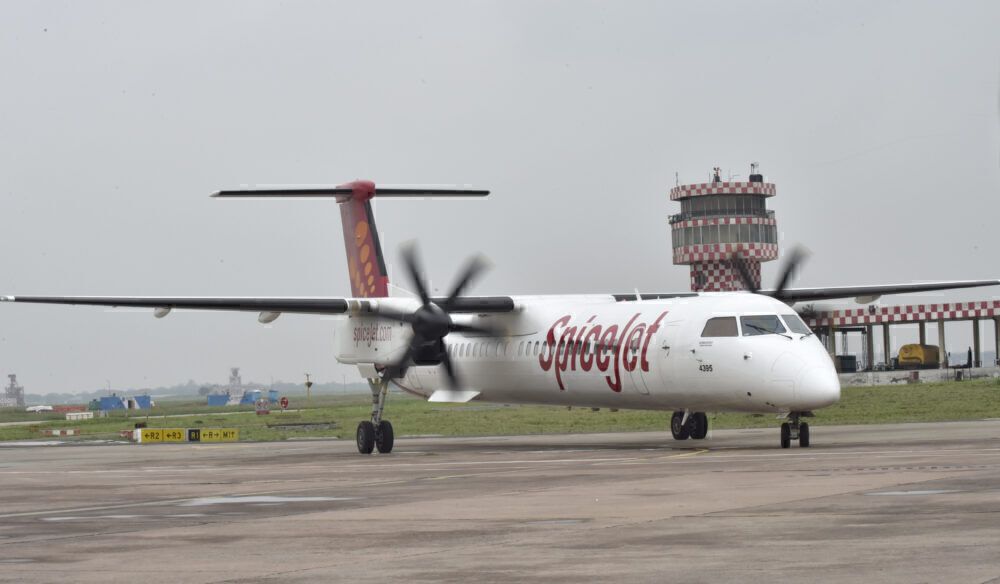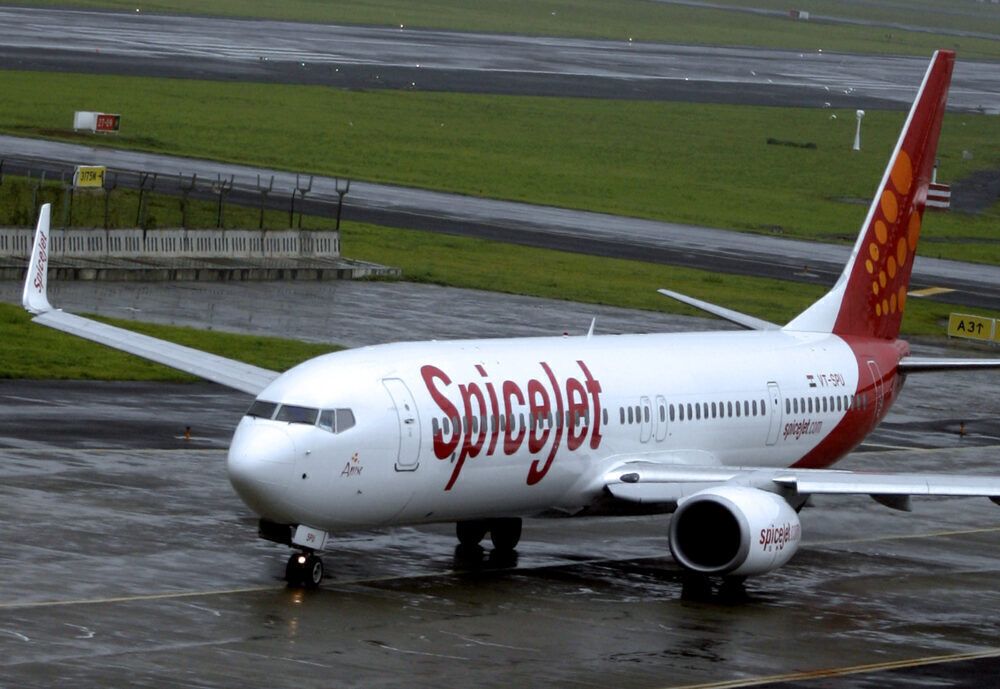A section of Indian LCC SpiceJet staff, who had gone on strike on November 1st, called off the protest a day later following discussions with the management. The airline has assured the protesting employees of addressing their concerns in the next few days, following which work was restored for daily operations.
Demand for pre-COVID salaries
On November 1st, some employees of SpiceJet's engineering department went on strike at Delhi airport protesting reduced salary and improper disbursement. The employees, most of whom work in the aircraft maintenance department, gathered outside Terminal 3 of New Delhi's IGI Airport holding banners that said "pay our deferred salaries" and "no pay, no work."
Soon, the protest had spread to eight other key airports in the country, including Mumbai, Bengaluru, Kolkata, and Hyderabad. The employees complained they are still being paid 60% of their previous salaries and not getting their usual weekly offs. Their main demands were restoring pre-COVID salaries and leave now that the aviation sector is in recovery mode.
Sources who have direct knowledge of the matter told Mint that the airline has assured the protesting employees of addressing their demands within a week. A SpiceJet spokesperson told the publication that the issue had been resolved and the carrier's operations were not affected.
Love aviation? Find out what the future holds at the Future Flying Forum 2021, book your seat today.
Previous protests
SpiceJet's employees have voiced their concerns on previous occasions as well. In April this year, the carrier's ground staff went on strike to protest layoffs. Struggling with the second COVID wave in the country, SpiceJet was forced to outsource its ground handling operations in Mumbai to a private company. Facing imminent layoff, many employees, including baggage loaders and drivers, decided to protest against company policies.
In September, around 150 employees, mainly from the airline's security department at Delhi airport, walked out in a dramatic display. They complained of the carrier failing to pay full salaries and the actual disbursements of paychecks every month.
Like many airlines, SpiceJet has struggled with COVID-induced travel restrictions. Since 2020, many of the airline's employees, including pilots, have seen sharp pay cuts. The second COVID wave in the country made things even worse, and it seems that the employees' patience is now wearing thin.
Financial woes
SpiceJet's finances are not in the best of health at the moment. In June this year, the LCC reported its sixth consecutive quarterly loss at ₹731.12 crore (approx. $98.3 million). As of June 30th, the cash-strapped carrier's current liabilities exceed current assets by ₹6,044.91 crore (approx. $812 million).
A few days ago, the Indian analytical company CRISIL withdrew its credit rating for SpiceJet, as reported by the Hindu BusinessLine. The company said that the carrier has failed to provide them with any information, due to which it has been placed in the non-cooperating category. SpiceJet, however, has said that it has terminated its contract with CRISIL and is therefore not obligated to provide any information to the company.
SpiceJet has faced a series of setbacks since last year – from mounting losses and grounding of planes to growing employee unrest. The only glimmer of hope for the airline at the moment is that air traffic is returning to normal. Hopefully, the increasing ticket sales in the country will reduce some of the airline's financial burden.



